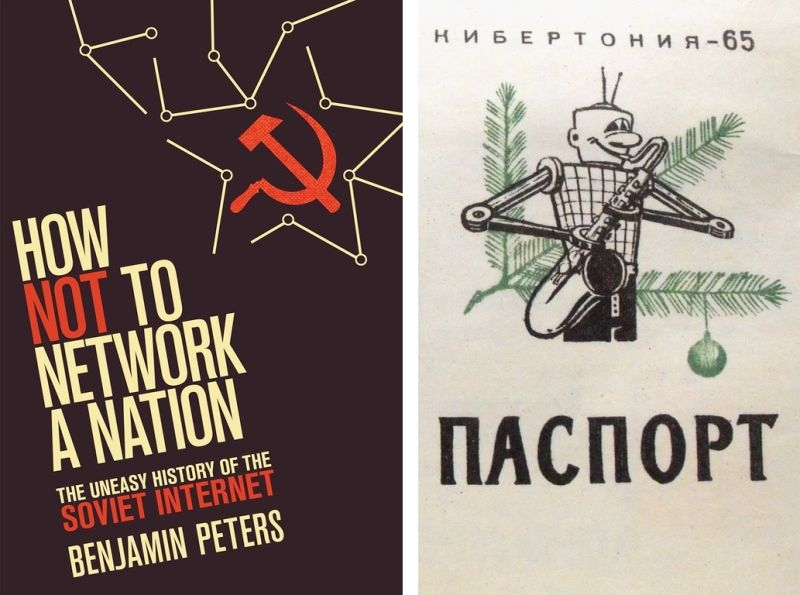
Benjamin Peters, associate professor of Media Studies and director of Russian studies at the University of Tulsa as well as associated faculty at the Information Society Project at Yale Law School, will give a lecture titled "The Soviet Internet: Beyond the Book" at 5 p.m. on Monday, April 16 in Gearhart Hall Auditorium (GEAR 26). His lecture is free and open to the public.
Between 1959 and 1989, Soviet officials and scientists made numerous attempts to network their nation—to construct a nationwide computer network. None of these attempts succeeded, and the enterprise had been abandoned by the time the Soviet Union fell apart. Meanwhile, ARPANET, the American precursor to the Internet, went online in 1969. Why did the Soviet network, with top-level scientists and patriotic incentives, fail while the American network succeeded?
In this talk, Benjamin Peters reverses the usual cold war dualities and argues that the American ARPANET took shape thanks to well-managed state subsidies and collaborative research environments, and the Soviet network projects stumbled because of unregulated competition among self-interested in institutions, bureaucrats, and others. The capitalists behaved like socialists while the socialists behaved like capitalists. Building on this uneasy cold war reversal, Peters tells the untold tale of the Soviet internet, spiced with snapshots into a Soviet counterculture led by a saxophone-playing Soviet robot, meant to help critically rethink the state of the internet we have today.
The lecture is presented by the Department of Communication, Department of History, and Department of World Languages, Literatures and Cultures in the J. William Fulbright College of Arts and Sciences.
Topics
Contacts
Stephanie Ricker Schulte, assistant professor
Department of Communication
479-575-3769,